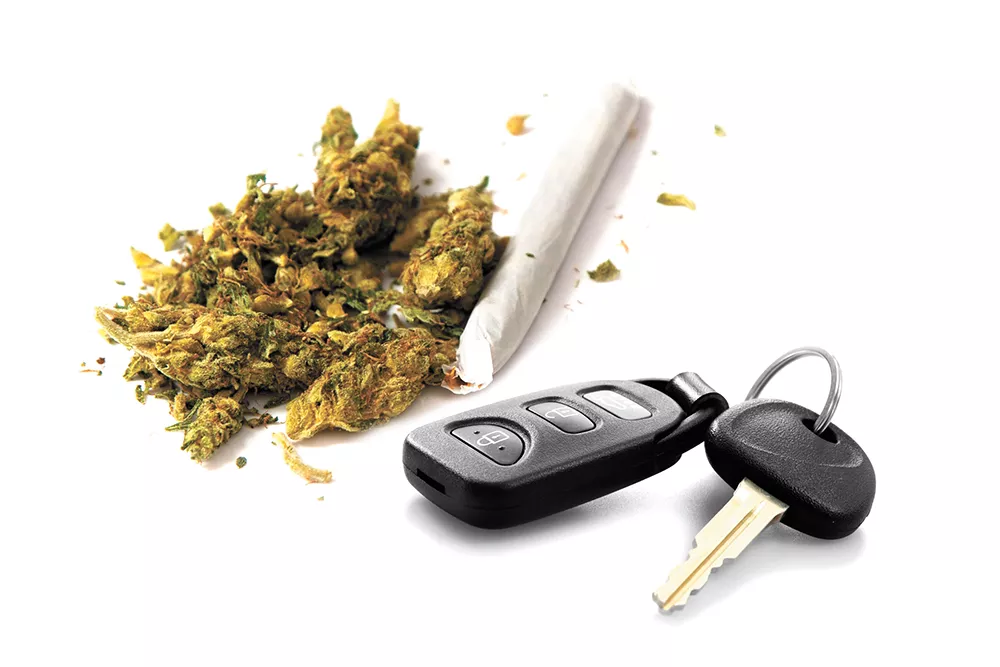In recent weeks, the Green Zone has examined potency studies conducted for the Washington State Liquor and Cannabis Board, as well the misnomer of likening THC and THCA levels to percentages of alcohol by volume.
Another major concern with the pairing of alcohol and cannabis as recreational drugs involves discerning impairment. It's hard to argue that driving while high is good. But what is a true threshold for impairment via cannabis?
Washington state implemented a 5-nanograms-per-milliliter limit when conducting blood tests when I-502 was passed in 2012. Initially, chronic cannabis users and groups like the National Institute on Drug Abuse argued over whether or not the 5-nanogram limit was too low or too high.
Marilyn Huestis, formerly a senior investigator for NIDA, told seattlepi.com in 2013 that "with whole blood (testing), we haven't had anybody over 5 [nanograms per milliliter] after 24 hours."
NIDA's research found that while not completely disappearing, major levels of THC fall well below 5 nanograms within 24 hours of consumption. And considering the amount of time it would take to request a warrant by the arresting officer, as well as transporting and conducting a blood test, it's hard to trust the accuracy of the eventual blood level of THC.
Now, there's a legitimate concern that this style of testing is wholly insufficient. Johns Hopkins University professor Ryan Vandrey published a study this year on marijuana edibles and their effect on blood levels of THC. According to the Washington Post, "Although the marijuana brownies caused significant decrements in participants' attentiveness, physical coordination and ability to concentrate, only 11 percent of them ever had a THC blood level over the legal limit."
Massachusetts, in the early stages of recreational cannabis legalization, is also dealing with the lack of comparability of cannabis and alcohol impairment. The state's Supreme Judicial Court recently ruled that police officers are allowed to testify how individuals performed during sobriety tests, but not about whether the defendant passed their sobriety test, and cannot opine about whether the defendant was too high to operate a vehicle.
"A significant of amount of research has shown that the consumption of marijuana can impair the ability to drive," the court ruled. "There is ongoing disagreement among scientists, however, as to whether [field sobriety tests] are indicative of marijuana impairment."
With alcohol, the rule of thumb of no more than one drink per hour seems to be commonly accepted and applicable across all legal consumers. But considering how significantly different the metabolizing of THC is — with genetic and body-specific variables, as well as the form of consumption, needing to be taken into account — the standard for impairment, many experts say, needs to be readdressed.♦



















